 6-year-old Rosemary Stagaman of Richardson died last Tuesday morning in Dallas County. Health officials believe that the death was due to a cryptosporidium infection, but the medical examiner is still waiting on toxicology tests to determine the exact cause of her death. Her family says she tested positive for crypto after swimming in the Greenwood Hills Community Pool.
6-year-old Rosemary Stagaman of Richardson died last Tuesday morning in Dallas County. Health officials believe that the death was due to a cryptosporidium infection, but the medical examiner is still waiting on toxicology tests to determine the exact cause of her death. Her family says she tested positive for crypto after swimming in the Greenwood Hills Community Pool.
Tests will take 10 days to confirm whether cryptosporidium played a part in the child’s death. If it is related, it would be the first death from the waterborne illness in recent memory.
Since June 2008, Dallas County has confirmed 41 cases of crypto. The crypto outbreak in the area began at Burger’s Lake in Fort Worth. Tarrant County has reported 81 cases of crypto, with 67 of them coming from Burger’s Lake.
All 30 pools of the YMCA of Metro Dallas, along with the city pools, were temporarily closed and hyperchlorinated in an attempt to wipe out the nasty parasite.
Experts are unsure of why there’s been a spike in outbreaks of cryptosporidiosis in recent years. It could be due to poor hygiene standards practiced by parents.
The crypto parasite has a thick outer shell, making it resistant to normal levels of chlorine. Available treatments include hyperchlorination and UV filters. Crypto enters the pool through fecal matter and the infection is especially dangerous to the young an the elderly, as well as the immunocompromised. Swimmers should wash their hands with warm soap water and also take a shower before entering the pool and after using the bathroom.

 e lake for four years also walked off the job after she was told that she couldn’t speak to media about her boyfriend’s incident.
e lake for four years also walked off the job after she was told that she couldn’t speak to media about her boyfriend’s incident.
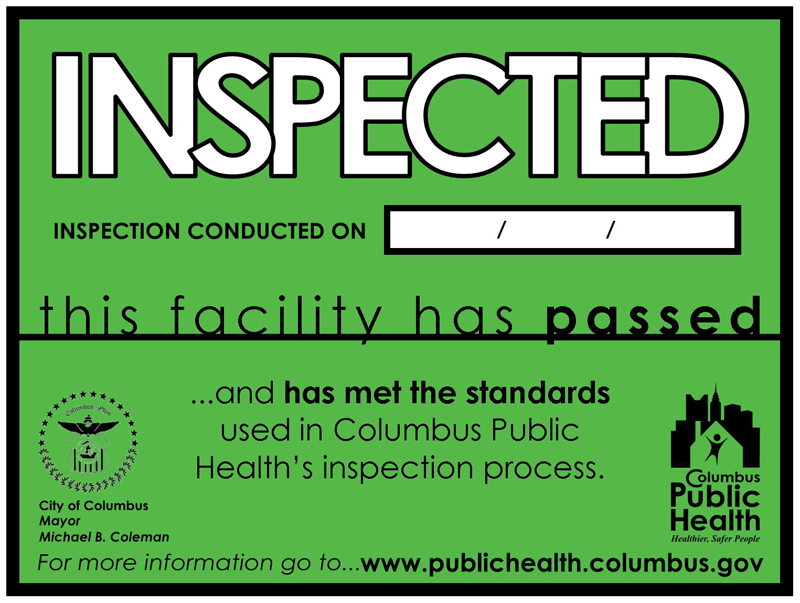 In a June 2002 report for the City of Toronto, I wrote,
In a June 2002 report for the City of Toronto, I wrote, Phoenix city
Phoenix city 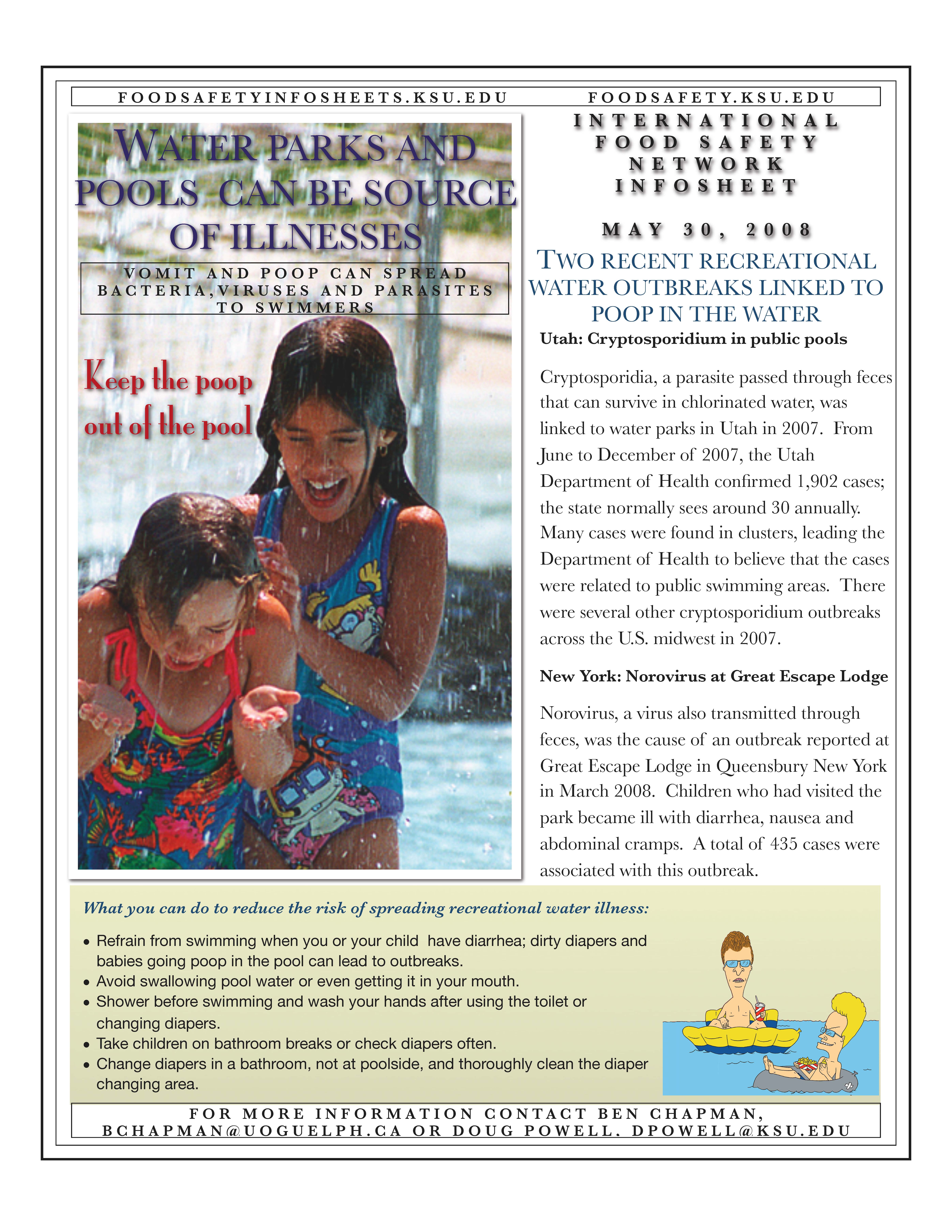
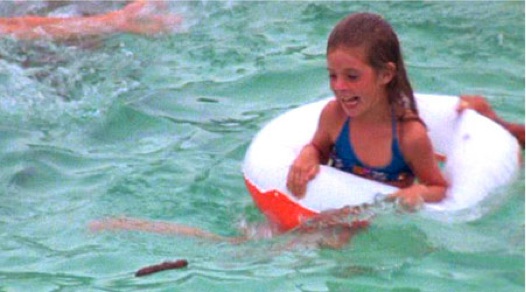
.jpg) Health officials urged people suffering symptoms of giardia lamblia to
Health officials urged people suffering symptoms of giardia lamblia to .jpg) Colorado is the latest U.S. Midwest state to track an increase in
Colorado is the latest U.S. Midwest state to track an increase in 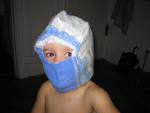 As cases of cryptosporidium continue to crop up across the
As cases of cryptosporidium continue to crop up across the 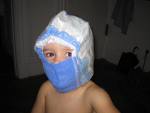 There have been numerous outbreaks involving the parasite cryptosporidium linked to swimming pools across the U.S. this year.
There have been numerous outbreaks involving the parasite cryptosporidium linked to swimming pools across the U.S. this year.